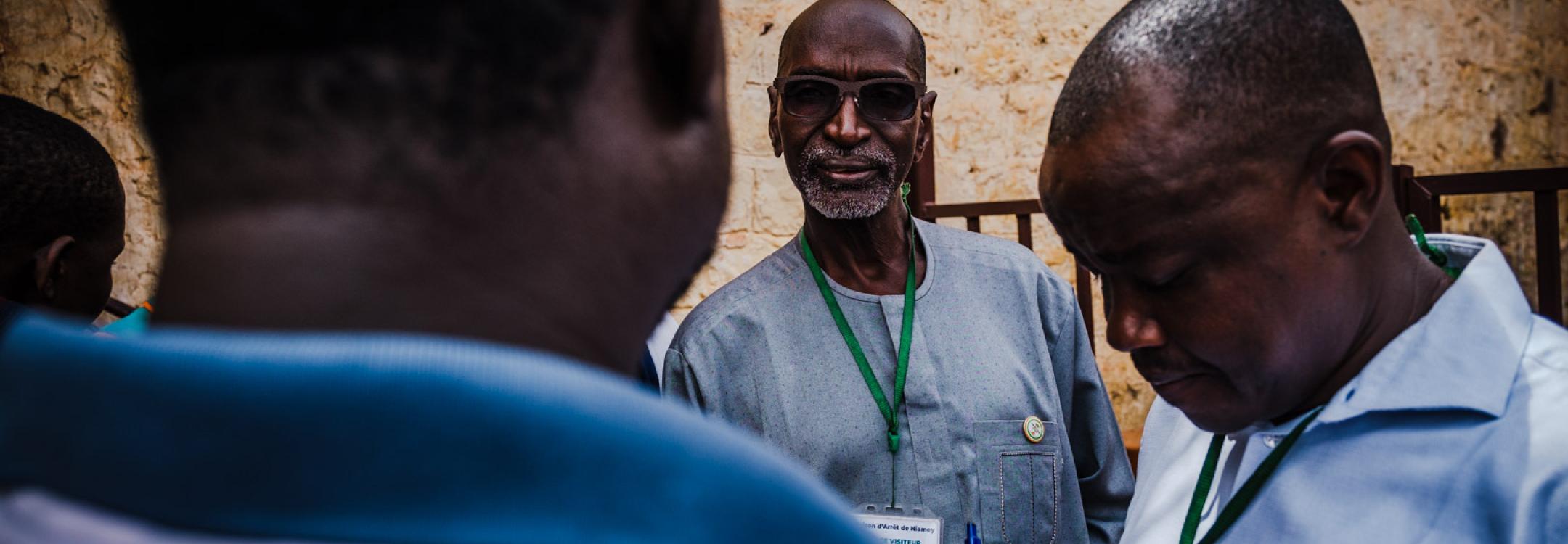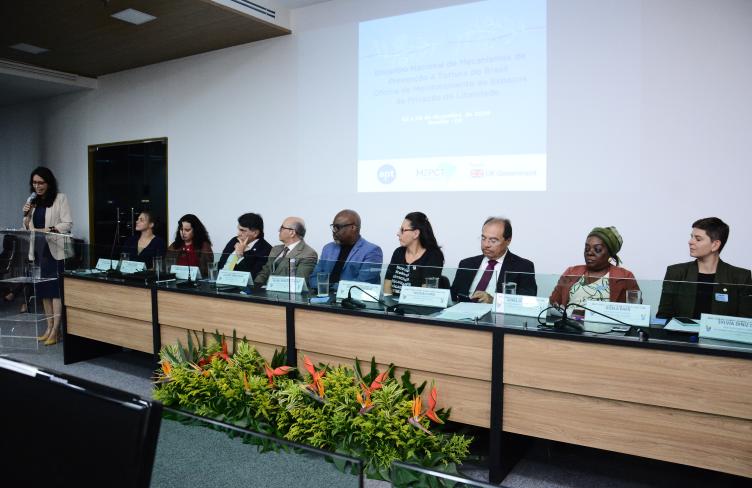
Niger is one of the 20 African states that has ratified the Optional Protocol to the UN Convention against Torture (OPCAT). They did so in 2014 and with the ratification, came the obligation to set up an independent oversight body, known as a National Preventive Mechanism (NPM).
Only 12 out of 20 States that have ratified the OPCAT in Africa have designated and established their NPM. This is why the APT has focused its efforts to support the designation and establishment of NPMs in the region as part of its core institutional strategies, in particular in Benin, Gabon and Niger.
It took six years for Niger to decide on the most appropriate NPM for the country. In 2020, the decision was made that the NPM would be established within the National Human Rights Commission (CNDH) and a law reform process took place. However, the end of the term of the former CNDH Commissioners, and onboarding a new team of nine Commissioners, has delayed the effective establishment of the NPM.
In September, the APT facilitated discussions with representatives of Niger’s CNDH and national civil society organisations to identify the most appropriate structure for the NPM and how it will operate within the CNDH. This included working closely before, during and after the mission with COGINTA, another Swiss NGO with an office in Niamey, which are active in supporting and accompanying the broader restructuring and planning processes ongoing within the Commission.
Central to the discussions was determining how the NPM will operate within the CNDH and how it will interact with existing sub-commissions, including those responsible for investigating allegations of torture and those with thematic responsibility for groups in situations of vulnerability.
The APT team also strengthened the expertise of CNDH Commissioners and staff in different aspects of their new mandate, including building a shared understanding of the torture prevention approach and developing practical skills in relation to undertaking visits, conducting interviews, and preparing reports and recommendations.
Beyond torture prevention, it was also an important opportunity to strengthen the cohesion and shared knowledge of the institution as a whole. The APT’s visit marked the first time that the Commissioners and all staff, including those from regional offices, had met in person since the new leadership took office late last year.
While in Niger, the APT team also accompanied CNDH Commissioners and staff on visits to places of detention.
Following these discussions, the CNDH will finalise the structure of the NPM, joining a growing community of torture prevention bodies in West Africa. The APT continues to support this community by facilitating face-to-face and online exchange of ideas, strategies and good practices



